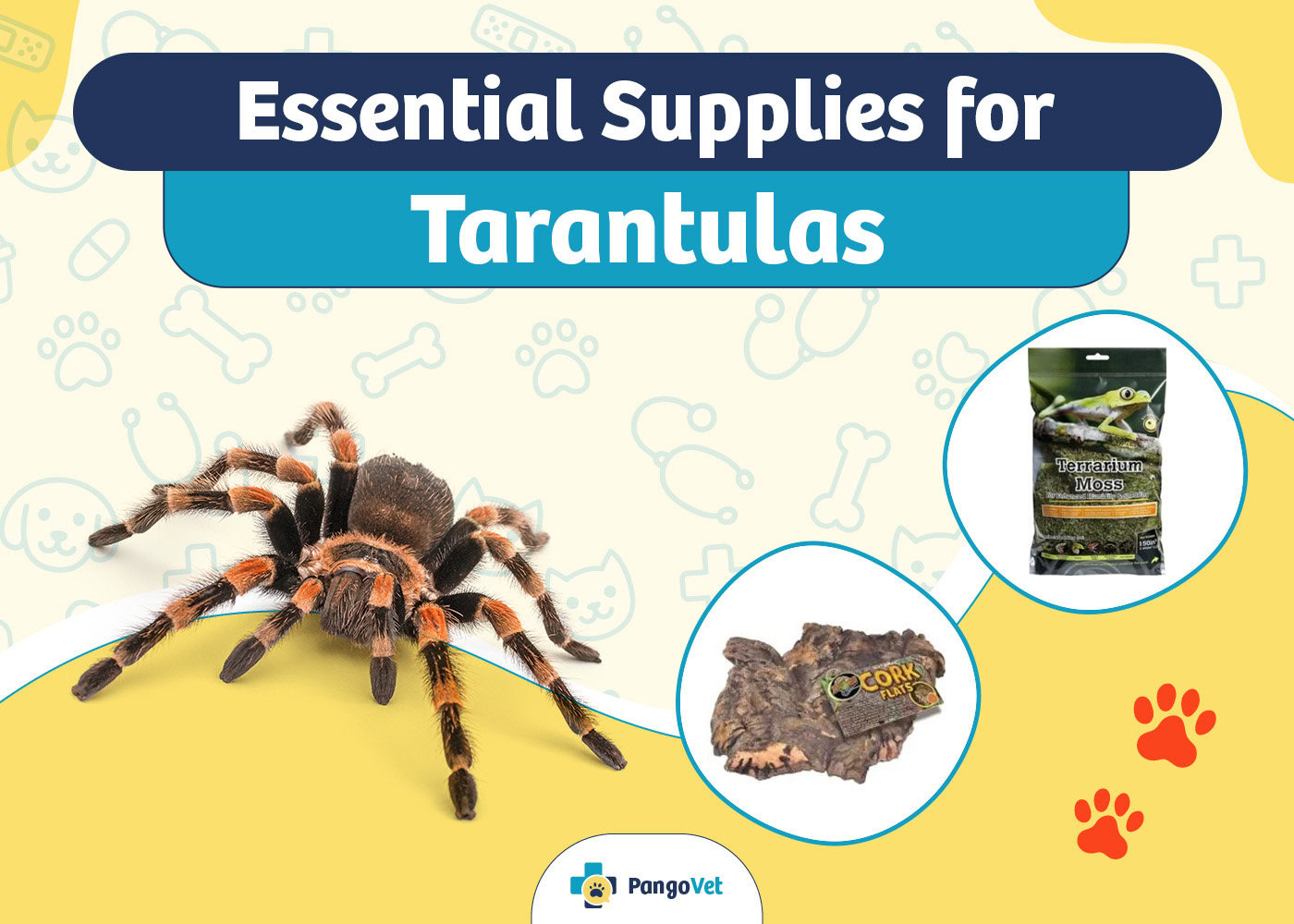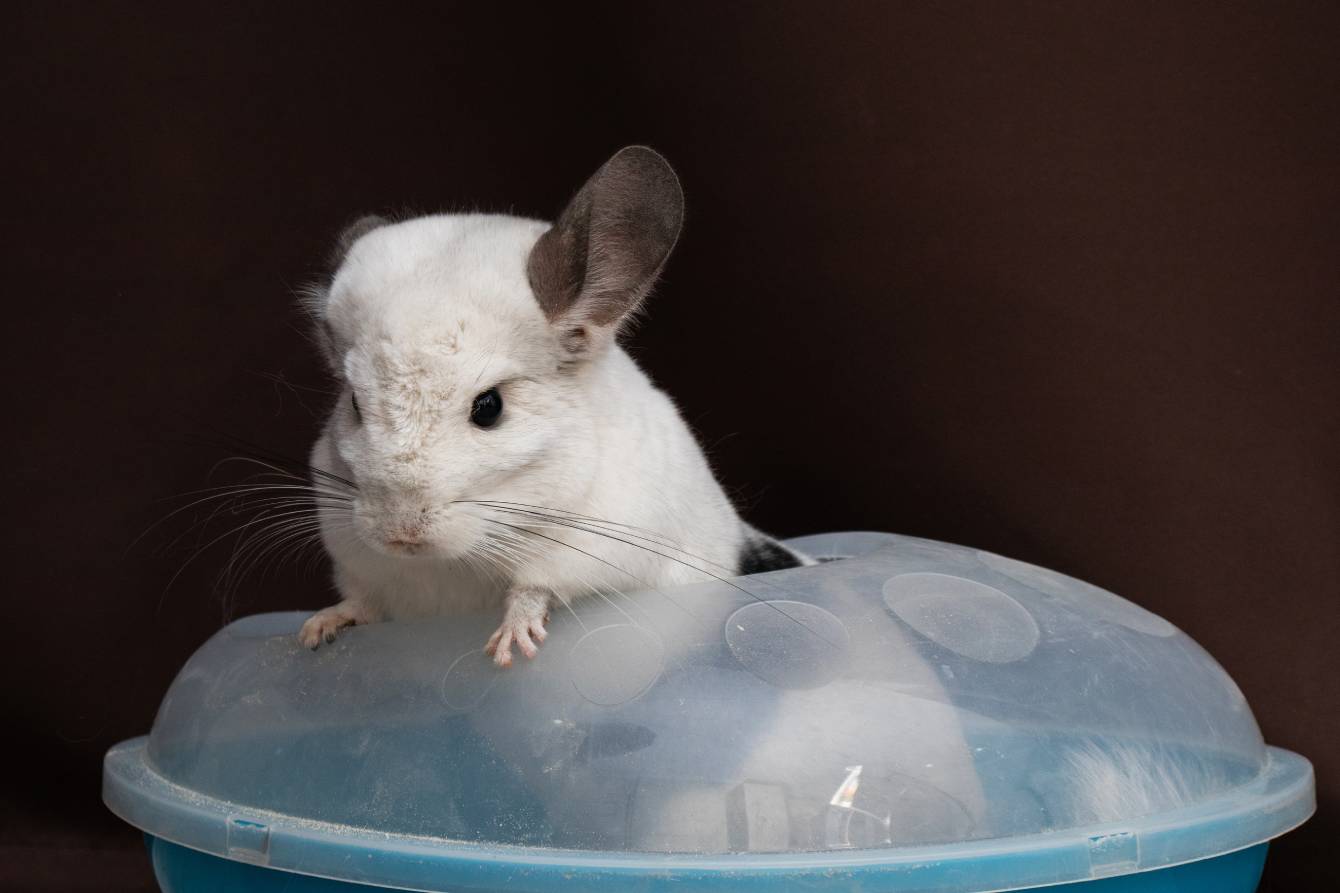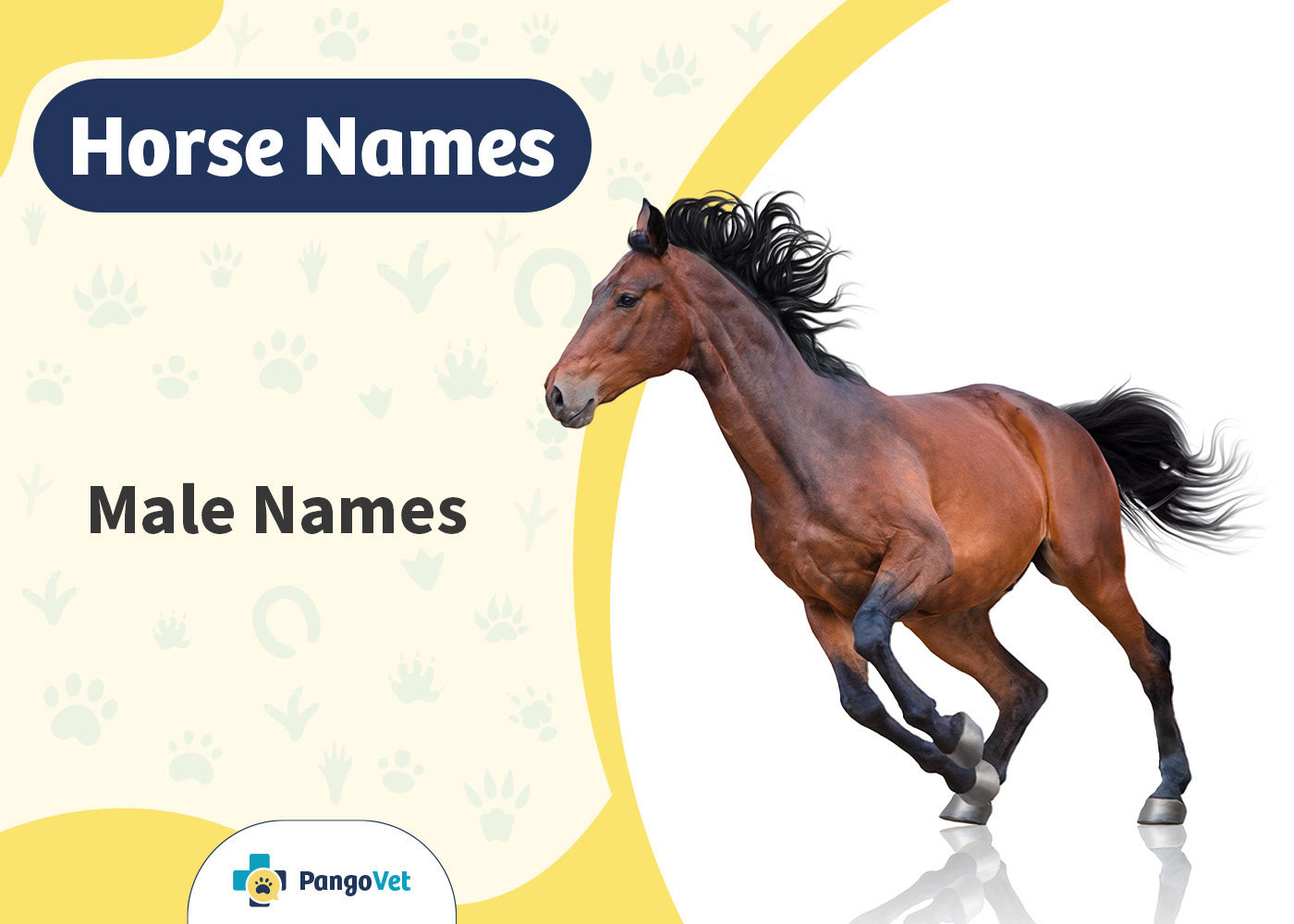Click to Skip Ahead
Robins are considered friendly birds that adjust to humans much quicker than other wild birds. Although they have a good personality, robins do not make great pets simply because they are sensitive to environmental stressors, and you would have to take one from the wild. Also, state and federal laws prohibit owning wild birds as pets.
In many respects, robin ownership is an ethical issue that requires personal thought and consideration. Rescuing an injured or abandoned robin may provide an opportunity for temporary ownership to help them recover, but you must check your local laws to determine if it’s legal.

Are Robins Friendly?
Many people consider owning robins as pets because of their friendly behavior. Compared to many other wild birds, robins are less anxious around humans. It’s not uncommon for them to get within a couple of feet of a nearby human. Some robins are even known to eat out of human hands.
Since they’re friendly, they would certainly make better pets than other wild birds. You wouldn’t have to worry about them trying to attack you or being mean to you or your other pets. If you get a robin when they are young, they will likely be brave and comfortable around you.
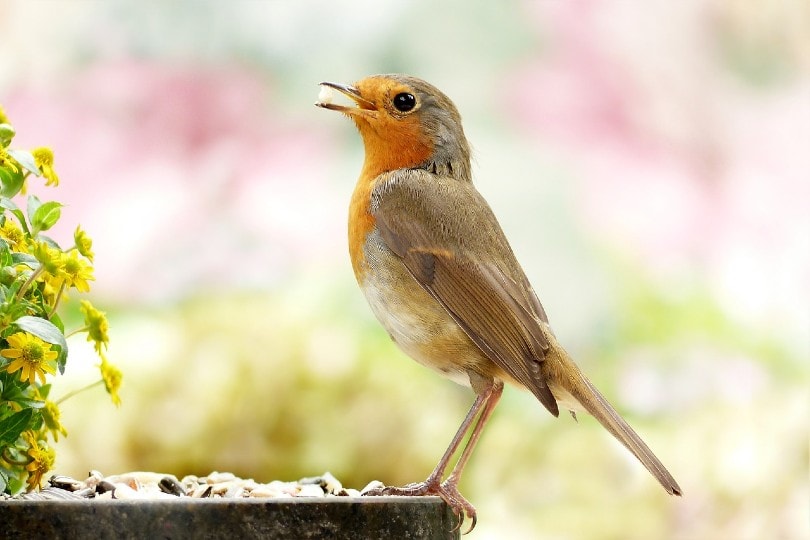
Are Robins Domesticated?
Even though robins are friendly, they are not domesticated. It is unclear exactly why robins are more friendly despite being wild creatures. It may be because they have been forced to live around humans for centuries. Still, living around humans is not the same as living with humans.
It is nearly impossible to find domesticated robins. The few that are domesticated are most likely that way because they were injured or sick upon birth, and a human took them in. Aside from these rare exceptions, robins are not considered domesticated.
Since robins are primarily wild birds, you would have to take one from the wild. Unlike dogs and cats, which are already domesticated, robins are not available for sale or adoption.
Do Robins Survive in Captivity?
Robins are not well suited for captivity. In the wild, they are territorial and prefer open spaces to breed, nest, and fly. Also, robins aren’t very hardy birds. Although they can live to be 8 to 10 years old, most only live to be about 1 to 1.5 years old. This is because they are sensitive to environmental stressors.
For example, robins die quickly from habitat loss, encroachment by other robins, fear of other creatures, and a number of other environmental stressors. Since captivity doesn’t offer the type of environment these birds are best suited to, it makes sense that robins do not survive well as pets.
Since captivity is such a stressful living situation for robins, they can pluck out their feathers, get diseases, and become depressed. Based on survivability, robins do not make good pets because they are not suited for indoor living.
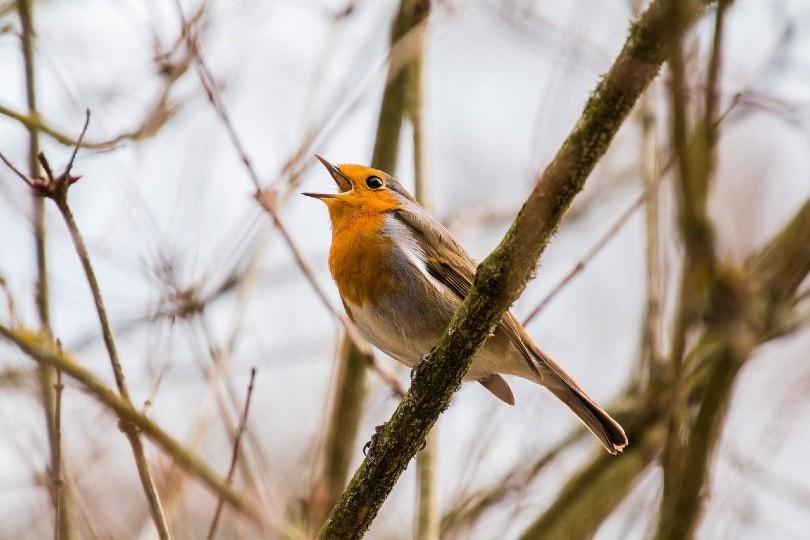
Is It Legal to Own a Robin?
Every state in the US has federal and state laws that prohibit owning robins as pets. You will need to read up on your local laws and regulations to determine if you can temporarily care for a rescued robin.
Is It Ethical to Own a Robin as a Pet?
Since robins do not survive well in captivity and are not domesticated, one crucial question is whether it is even ethical to own one as a pet. You might be able to keep a robin, but the real question is, should you?
In our opinion, it is unethical to own a robin as a pet, and most bird experts agree. For starters, it is unethical to take a robin from their home and force them into captivity. It would also add many stressors to the robin, most likely causing them to die prematurely. Since birds from the wild are not used to captivity, they experience extreme stress when put in cages.
Even if the robin does not die, they likely will not be happy in captivity. Robins need a large amount of space to roam and fly. A cage simply does not offer the type of environment that these birds need to thrive.

Do Robins Make Great Pets?
With all these facts in mind, robins do not make great pets. They are beautiful, gentle, and friendly birds, but they are best suited to the wild. We would not recommend bringing a robin into your home because it will likely stress out the bird and cause them to become depressed or die.
Instead, leaving them alone and observing them with binoculars is best.

Conclusion
Robins do not make good pets. Even though they are friendly, they are sensitive to environmental stressors and are not domesticated. As a result, we do not consider it ethical to own one of these birds as a pet, even if it is legal in your area. State and federal laws prohibit owning wild birds, but if you find an injured robin or abandoned fledgling, contact a wildlife official. Caring for a wild bird temporarily is difficult, and your local laws may prohibit it.
Featured Image Credit by: No-longer-here, Pixabay






